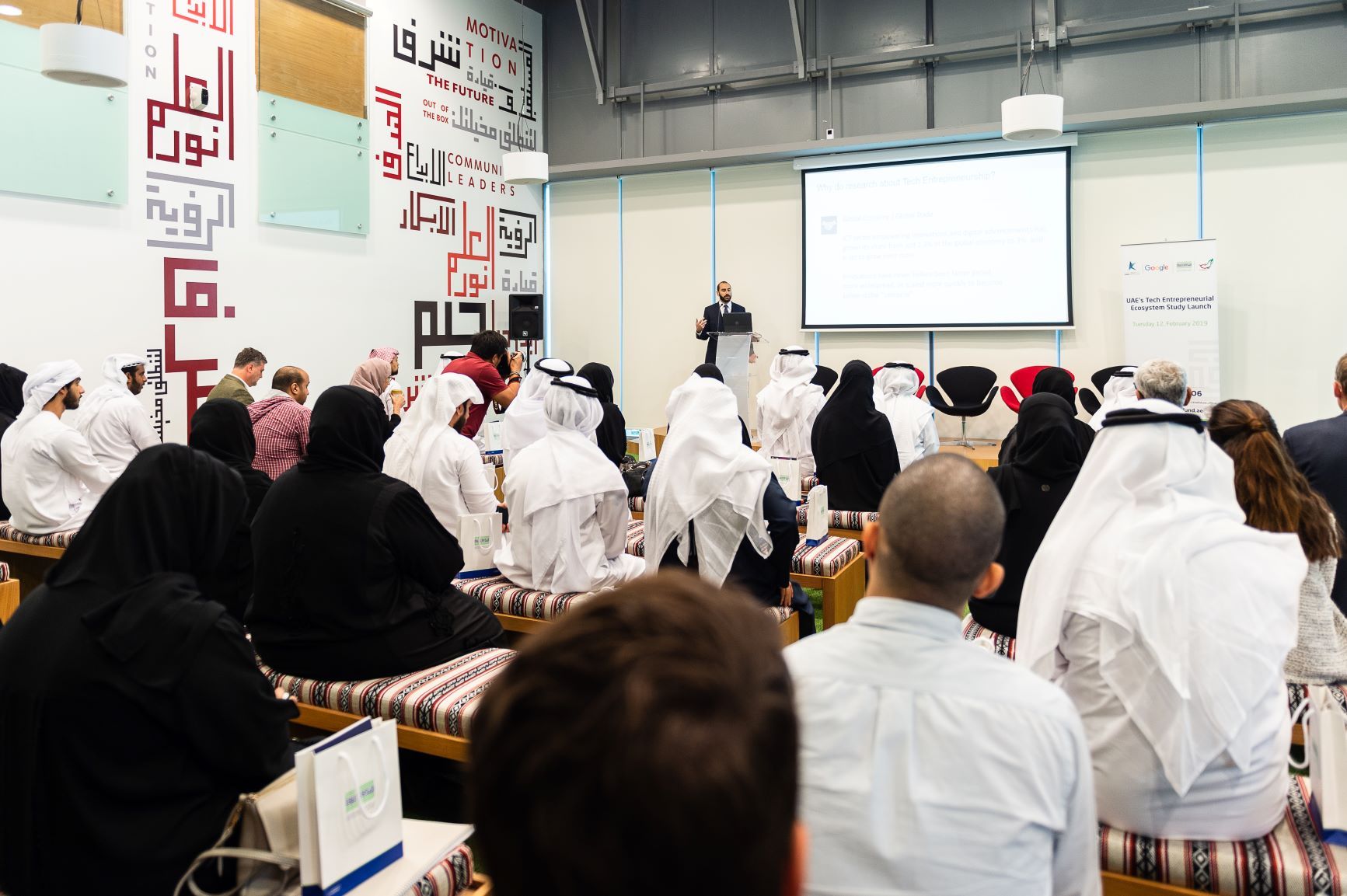The UAE's startup ecosystem: challenges and opportunities

The United Arab Emirates (UAE) has found success in diversifying its economy away from oil and becoming the leading business hub for international corporations in the Middle East and North Africa (Mena) region. The tax-free environment, highly developed infrastructure and strategic location that gives it access to two thirds of the world’s population, have propelled the UAE and in particular Dubai, as one of the most attractive destinations for small to medium-sized enteprises (SMEs) looking to scale.
SMEs now contribute 30 per cent to the country’s gross domestic product (GDP) on par with the share of the oil and gas sector.
But the UAE is an expensive country for startups. The cost of starting a business in the UAE is 13.4 per cent of income per capita, almost double the cost in Saudi Arabia which stands at 6.8 per cent.
Some 80 per cent of the country’s 10 million population are expatriates and with more than 80 per cent of Emirati youth employed in the public sector, the private sector relies heavily on a foreign workforce and lacks in skills that are more readily available outside of the region.
The findings were published in a report by Wamda Research Lab in collaboration with Google and OC&C Strategy Consultants.
The US-based tech giant has provided policy recommendations for the UAE as part of the report. Wamda partner Walid Faza spoke with Google’s regional head of policy Selim Edde about both the UAE and Saudi Arabian ecosystem, highlighting the need for better education to help improve the UAE’s tech entrepreneurship ecosystem.
To listen to their conversation, click here.


